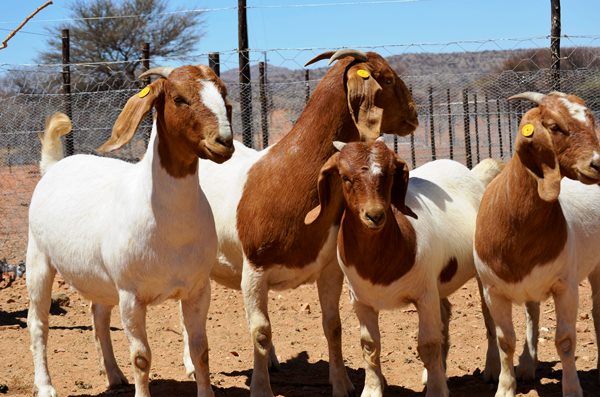The unveiling of Nigeria’s National Livestock Master Plan (N-LMP) marks a bold step toward addressing long-standing gaps in the country’s livestock industry.
Announced in Abuja, the five-year roadmap was developed under the Livestock Productivity and Resilience Support Project (L-PRES), with support from the International Livestock Research Institute (ILRI) and the Bill and Melinda Gates Foundation.
It promises to tackle issues such as poor productivity, recurring disease outbreaks, limited access to markets, and weak infrastructure.
According to Nigeria’s Minister of Livestock Development, Idi Maiha, the plan is not only about animals but also about people: reducing poverty, creating jobs, empowering women and youth, and ensuring food security.
By aligning Nigeria’s livestock sector with global best practices, it seeks to turn a struggling industry into a driver of prosperity.
Tackling disease and boosting livestock
One solution already embedded in the plan is the emphasis on disease control and animal health. For decades, recurring outbreaks of foot and mouth disease, avian influenza and other livestock-related epidemics have crippled farmers’ incomes and national food supply chains.
The N-LMP, drawing lessons from Tanzania’s success in veterinary reform, outlines pathways to invest in veterinary services, establish disease surveillance systems, and promote vaccination campaigns.
This proactive stance is crucial because healthier animals translate into better yields, safer food, and stronger markets. With ILRI’s scientific expertise, Nigeria hopes to reduce the cycle of disease-driven losses that have long discouraged investment in the sector.
Another solution lies in modernising animal feed and breeding practices. Many smallholder farmers still depend on traditional grazing and low-quality feed, which limits animal growth and reduces milk and meat yields.
By promoting high-quality feed production and improved breeding technologies, the N-LMP is positioning farmers to compete with global standards.
Pilot projects in states like Kaduna and Oyo are already showing signs of progress, where farmer cooperatives are adopting hybrid breeds and feedlots that cut down costs while boosting productivity. If scaled nationally, such efforts could improve both household incomes and Nigeria’s food self-sufficiency.
The plan also focuses heavily on infrastructure and market access, two areas that have historically hindered livestock growth.
Poor rural roads, inadequate cold storage and weak processing facilities have meant that even when farmers manage good yields, they lose a significant portion to waste or struggle to access profitable markets.
Through public-private partnerships, the N-LMP intends to build processing hubs, strengthen transport networks and develop efficient distribution systems.
These steps will not only reduce post-harvest losses but also encourage large-scale agribusinesses to invest, creating ripple effects of employment and income across rural communities.
In terms of inclusivity, the plan’s emphasis on youth and gender participation signals another solution worth highlighting. Nigeria’s livestock sector is dominated by smallholder farmers, many of them women, who often face barriers to credit, technology, and land ownership.
By offering training programmes, access to microloans and digital platforms for farm management, the N-LMP seeks to empower women and young people as critical stakeholders in the value chain. Initiatives such as Digital Agriculture & Extension Services are already being piloted in some states, bridging the knowledge and technology gap while encouraging innovation.
The plan’s environmental and sustainability lens provides long-term solutions. Unregulated grazing has historically led to land degradation, farmer-herder conflicts and climate-related challenges.
By promoting ranching systems, rotational grazing, and climate-smart livestock practices, the N-LMP hopes to build resilience against these risks. This sustainability model ensures that while Nigeria is scaling up livestock production, it is also protecting the environment and reducing tensions over land use.
Taken together, these solutions paint a picture of an industry thriving, driving rural transformation, attracting investment and reshaping Nigeria’s agricultural future. If implemented, the N-LMP could stand as one of the most transformative agricultural policies in Nigeria’s history.
Summary not available at this time.






